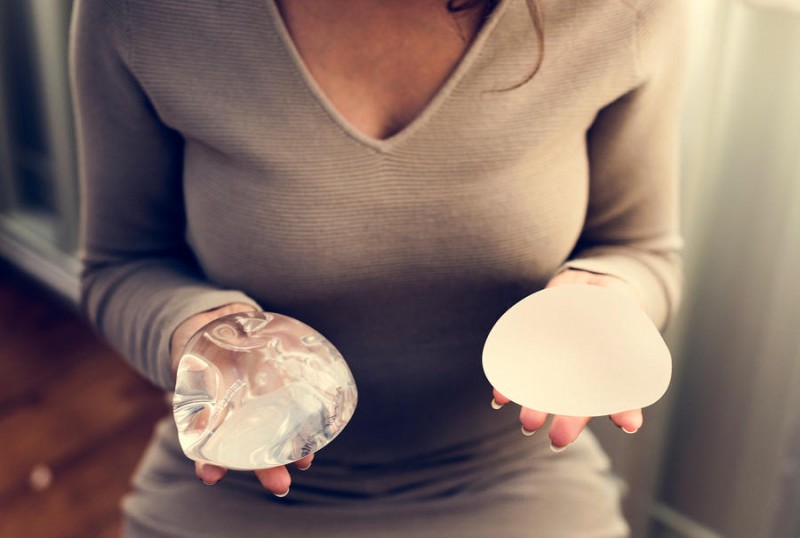Silicone breast implants increase health risks
The safety of silicone breast implants is very important for women with or considering breast implants. Previous studies found no link between breast implants and associated health risks including cancer, connective tissue diseases and autoimmune diseases, which the public was largely concerned about in the early 1990s. Subsequently, in 2006, the Food and Drug Administration (FDA) in the United States approved silicone breast implants from only two manufacturers (Allergan and Mentor), stipulating the manufacturers to conduct large postapproval studies (LPAS) on long-term health and safety outcomes. However, this database has not been fully analysed to ascertain the risks involved with silicone breast implants.
Researchers from the University of Texas analysed data on almost 100,000 patients enrolled in the LPAS between 2007 and 2009-10. More than 80,000 patients received silicone implants, while the rest received implants filled with a sterile saline solution. Seventy-two per cent of the patients underwent primary breast augmentation, 15 per cent had revision augmentation and 10 per cent had breast reconstruction surgery, while 3 per cent underwent revision reconstruction procedures.
Silicone implants were also associated with a 4.5-fold increase in the risk of stillbirth, but no significant increase in the risk of miscarriage.
The researchers found that women with silicone implants had an increased risk of developing Sjogren syndrome (eight times higher than in the general population), scleroderma (seven times increase in risk comparatively) and rheumatoid arthritis (sixfold increase in risk).
Silicone implants were also associated with a 4.5-fold increase in the risk of stillbirth, but no significant increase in the risk of miscarriage. The study also revealed that the risk of melanoma was four times higher in women with silicone implants. There was only one case of breast implant-associated anaplastic large cell lymphoma — a rare but serious type of cancer previously linked to breast implants.
When comparing silicone implants to saline-filled implants, the researchers found a higher risk of surgical complications with silicone implants. These included scarring around the implant (capsular contracture), which occurred at a rate of 5 per cent with silicone implants versus 2.8 per cent with saline-filled implants. Capsular contracture occurs in 7.2 per cent of primary augmentation procedures and 12.7 per cent of primary reconstructions, and is the most common reason for re-operation among augmentations. The researchers also found that the short-term risk of rupture was higher for saline implants (2.5 per cent) compared to 0.5 per cent in silicone implants.
The large study size enabled the researchers to assess the risk of rare adverse outcomes, which appeared to be more common in women with silicone implants, but the absolute rates of these adverse outcomes were low. While the study suggests that silicone implants are associated with an increased risk of certain health issues, these associations need to be further analysed with patient-level information and individual follow-up data to provide conclusive evidence. However, these outcomes can still help to inform patients and surgeons in their decision-making when selecting implants.
Source: Annals of Surgery








